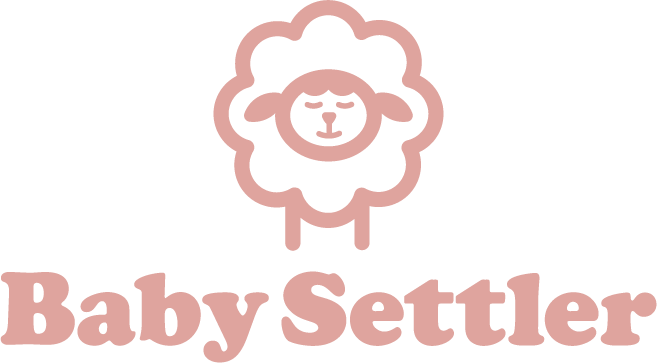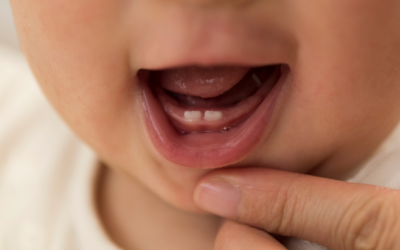
Changing your baby’s clothes multiple times a day, changing your own shirt, too, and worrying your little one isn’t getting enough milk – baby spit up isn’t fun! It can also be very anxiety inducing. So, why do babies spit up and when should you be worried?
Why Do Babies Spit Up?
In medical terms, baby spit up is known as gastroesophageal reflux (GER).
A baby’s immature digestive system is typically to blame for their milk coming right back up after a feed, and this can be common for both breast-fed and formula-fed babies.
Another reason for spit up can be overeating. Because a baby’s stomach is so tiny, eating too much can cause them to bring it back up.
Also, swallowing too much air during a feed can cause discomfort and spit up.
Is Spit Up Bad?
Spit up doesn’t necessarily mean that something is wrong.
Baby spit up can be completely normal and typically gets more frequent around the ages of two to four months.

If your baby is gaining appropriate weight, not showing signs of pain or discomfort while spitting up, and is generally happy, then there’s most likely nothing to worry about.
When To Be Worried
Whether it’s clear liquid or milk, a bit of spit up is totally normal.
“Unless the vomiting is happening frequently or accompanied by other symptoms, like a fever, it may just be part of the learning process,” says Heathline.
However, there are some signs to pay special attention to. Projectile spitting always warrants a call to your paediatric provider!
This is an example of “complicated reflux” as Forbes Health puts it, “…this is when spitting is a true problem and may involve your baby refusing to eat, frequently crying in pain with an arched neck and back, forceful or projectile vomiting, frequent coughing and/or not gaining weight. These behaviors are not normal and warrant further testing to determine whether GERD [gastroesophageal reflux disease] (or another condition) is the cause.”

4 Ways To Avoid Spit Up
While normal, there are a few things you can do to help reduce the amount of times your baby spits up:
- Feeding Position
Try to feed your baby while they are in a more upright position. Gravity can help keep the milk down.
- Reduce The Air They Swallow While Feeding
If your baby is fussy, they’re going to be swallowing more air while they feed. Calm your baby before feeding by rocking them or singing to them. If you’re breastfeeding, make sure they’ve got a good latch, and if you’re bottle feeding, make sure that the teat is constantly filled with milk to avoid gulping down air.
- Don’t Overfeed
Let your baby lead their feedings. What this means is not forcing a set amount of time for nursing, and not forcing down a set amount of milk when bottle feeding. Take note of the cues your baby shows when they’re full. Some signs of being full include your little one turning away from the breast or bottle, getting distracted easily, and their body feeling relaxed and at ease.
- Avoid Trapped Air
Burp your baby before, during, and after feeding to release any air they might have swallowed.

Baby spit up can be worrying, especially if you’re a new parent. But, it’s completely normal and part of your baby’s development. There is an end in sight, though – most babies stop spitting up at around one year of age.
If you’re breastfeeding your little one, or planning on breastfeeding, and want to confidently make decisions and troubleshoot hiccups when it comes to breastfeeding, sign up for the Breastfeeding Made Simple course. This will guide you from birth to weaning.




